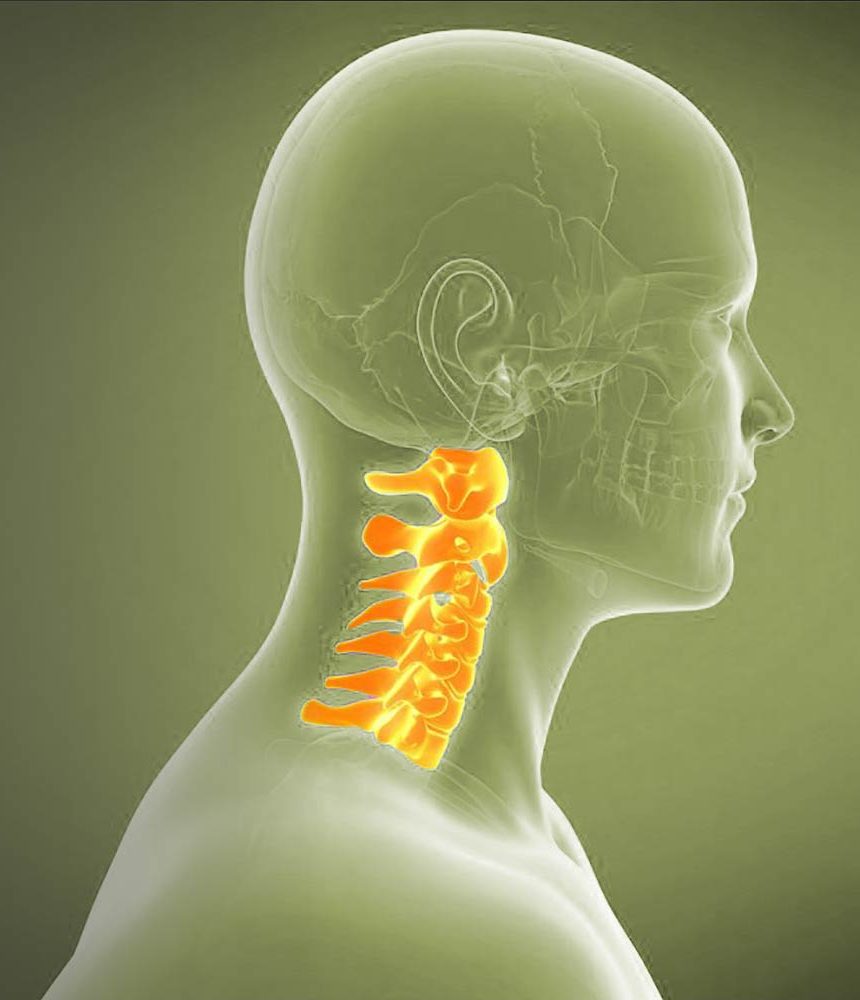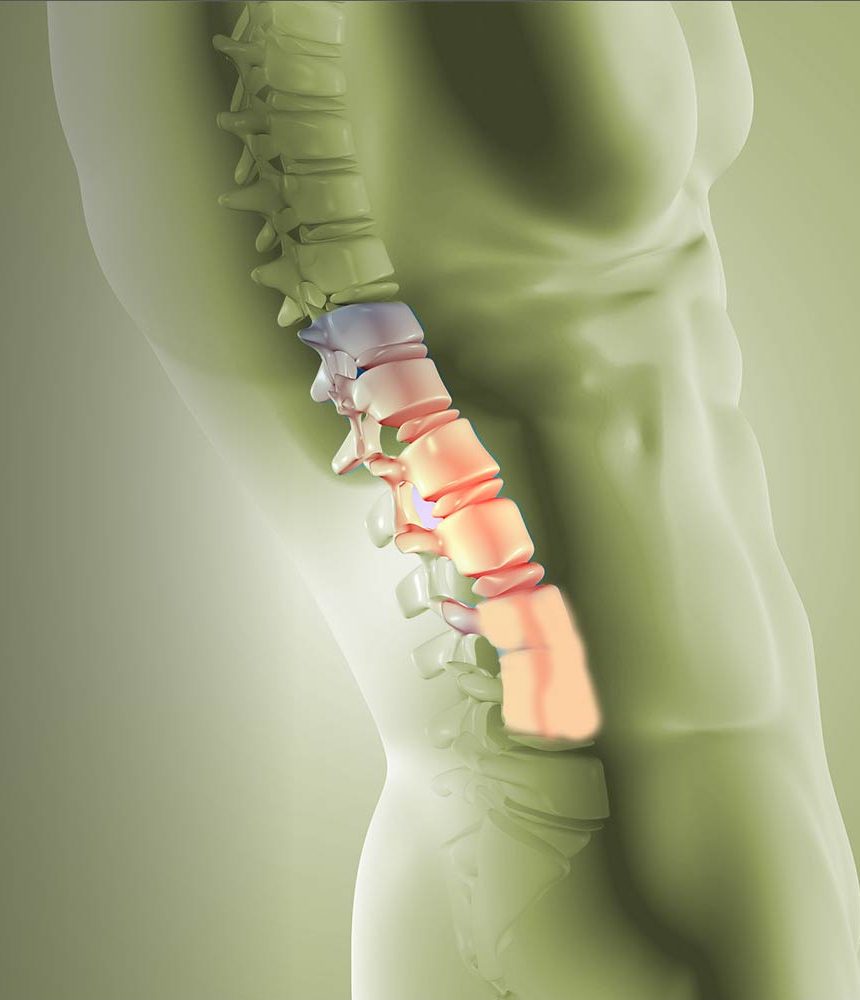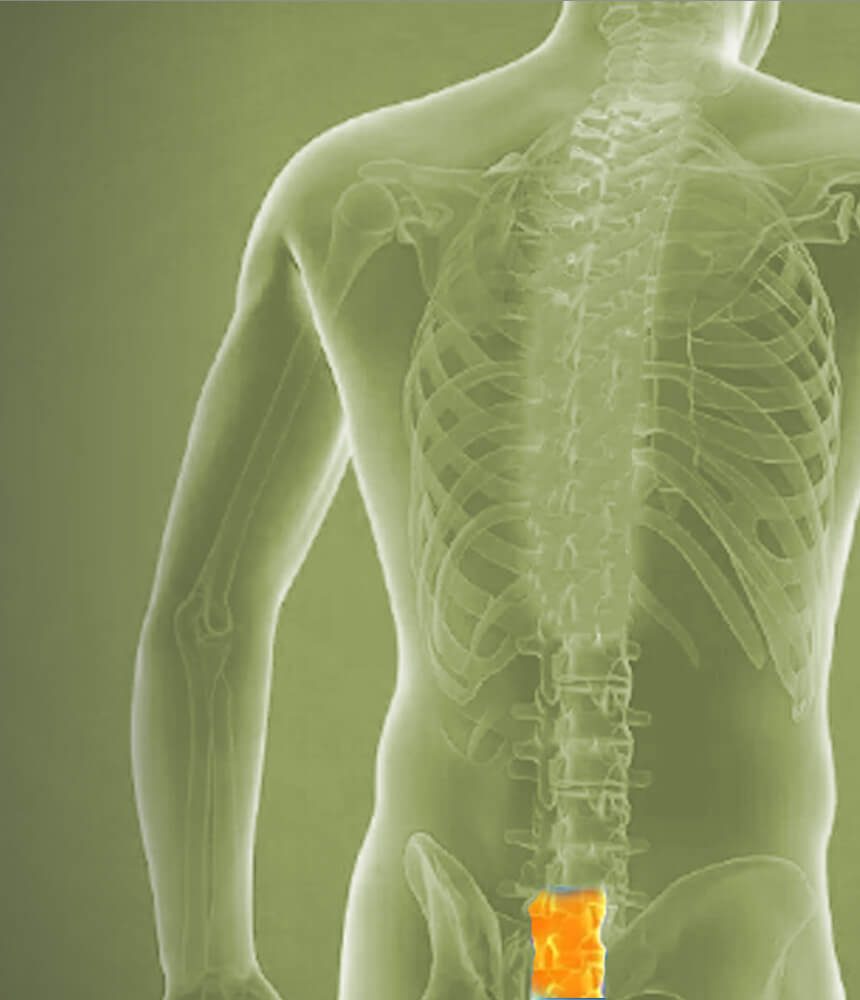Thoracic Spine
Thoracic Spine Pathology: The mid-back, or thoracic spine, provides stability and protection. Conditions like kyphosis, scoliosis, and thoracic outlet syndrome can impact posture and mobility. Our team is skilled in the latest treatments, including surgical interventions and non-invasive approaches, to address thoracic spine concerns and enhance your quality of life.
Your thoracic spine, located in the middle of your back, plays a crucial role in supporting your upper body and protecting your vital organs. Sometimes, issues can arise, leading to conditions such as:
Kyphosis:
Think of the spine curving forward more than usual, like a gentle hunch. This can happen, especially as we age.
Scoliosis:
Imagine the spine forming a gentle ‘S’ shape when it should be straight. Scoliosis is a curvature of the spine that can affect posture.
Compression Fractures:
Sometimes, the bones in the spine can weaken and compress, causing small fractures. It’s a bit like a slight collapse in a part of the spine.
Thoracic Outlet Syndrome:
This condition involves compression of nerves or blood vessels between your collarbone and rib cage. It can cause pain or numbness in the arm.
Herniated Disc:
Similar to the lower back, discs between the vertebrae can sometimes bulge or rupture, leading to discomfort.
Remember, each person’s spine is unique, and conditions can often be managed with the right approach. Treatment might include exercises, lifestyle adjustments, or, in some cases, medical interventions. Together, we can find the best plan to keep you feeling strong and comfortable.
{"cpt":"service","style":"6","columns":"3","show":6,"from_category":["thoracic-spine-conditions"],"order":"DESC","orderby":"none"}
Conditions
Your mid-back, or thoracic spine, provides support and protection. Conditions related to the thoracic spine include:
Kyphosis:
The spine curving forward more than usual, often associated with aging.
Scoliosis:
An ‘S’ shape curvature of the spine, affecting posture.
Compression Fractures:
Weakening of spine bones leading to small fractures, causing a slight collapse.
Thoracic Outlet Syndrome:
Compression of nerves or blood vessels between collarbone and rib cage, causing arm pain or numbness.
Herniated Disc:
Bulging or rupture of discs between vertebrae, leading to discomfort.
{"cpt":"service","style":"6","columns":"3","show":6,"from_category":["thoracic-spine-treatments"],"order":"DESC","orderby":"none"}
No data available.
Conservative Treatments
Conservative approaches for conditions in the mid-back or thoracic spine focus on improving posture, reducing pain, and enhancing overall spine health:
Physical Therapy:
Tailored exercises to strengthen back muscles, correct posture, and alleviate pain associated with thoracic spine conditions.
Pain Management:
Medications to manage pain and inflammation, prescribed based on the specific condition and individual needs.
Postural Correction:
Techniques and exercises to improve posture and prevent further progression of conditions like kyphosis or scoliosis.
Bracing:
Supportive braces to aid in maintaining proper spinal alignment and providing relief for certain thoracic spine conditions.
Education and Lifestyle Modifications:
Counseling on lifestyle adjustments, including proper ergonomics and activities to promote a healthy thoracic spine.








